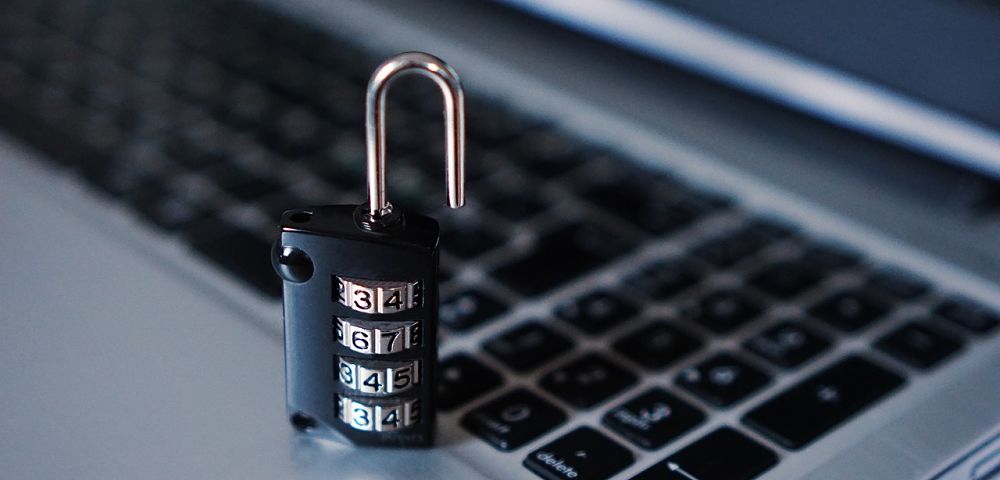It’s a common saying, “Guard your reputation with your life.” But in a connected world a person’s digital existence can only be as safe as the platform’s security.
Identity theft is a bigger problem than most people realize. There were 16.7 million victims of ID theft in the U.S. in 2017, according to consulting firm Javelin. In 2016, identity theft cost U.S. financial institutions $6 billion in losses.
Loss of personal data could turn your reality upside down given how difficult it is to reestablish one’s identification with authorities, banks, and other entities.
It can be a challenge to safeguard one’s online persona given the explosion of social media accounts. Secondly, sophisticated hackers are always trying to steal and monetize sensitive information. However, cryptocurrency venture Stratis (Crypto: STRAT) believes that its blockchain-based solutions can better protect people’s IDs by storing them on the blockchain; by leveraging current social accounts to prove one’s true identity; and by validating other people through a proprietary verification tool.
Earlier this month, the firm released the Stratis Identity app for iOS devices to do just that. But the free mobile app goes beyond individual ID security to also include corporate identity management capabilities. According to a Stratis spokesperson, it’s key to make the process simple (reflecting people’s shortening attention spans).
“Mass adoption of blockchain will only come through simplicity,” says Stratis CEO Chris Trew. “We offer a streamlined way to verify one’s identity through popular social media accounts. And Stratis Identity can be shared securely without ever exposing a user’s sensitive personal data.”
Here’s how it works.
The firm stores a person or organization’s identity on the Stratis blockchain and secures it with permission-only access. Then a user can prove his/her ID by logging into reputable accounts such as Microsoft, Google, and LinkedIn. A user can also prove ownership of online accounts by sharing unique public addresses and transaction hashes. Finally, the app has a built-in verification tool to validate other people’s Stratis Identities.
There’s a growing need to protect people’s IDs because governments around the world are mandating know-your-customer (KYC) requirements in areas such as banking, foreign trade, cryptocurrency trading, healthcare, immigration, and many other areas. But KYC processes can be cumbersome and expensive, and they certainly take their toll on small businesses that have limited resources. It’s estimated that traditional KYC can cost a small business between $30,000 to $50,000 just to verify basic identities.
Thus, a few blockchain ventures are focused on reducing the burden of compliance by simplifying KYC and by collecting minimal data. That’s because the more personal data a company collects and stores, the more information they put at risk in the event of a breach.
Consider what happens if you upload a driver’s license or passport to prove your ID only to lose all that information to hackers. Companies won’t necessarily delete your documents after you’ve complied with KYC, so it’s definitely possible. For a big institution, a data breach can instantly wreak havoc on millions of consumers.
It’s timeless advice to always guard your reputation (and identity). Thanks to the blockchain it doesn’t have to be costly.




